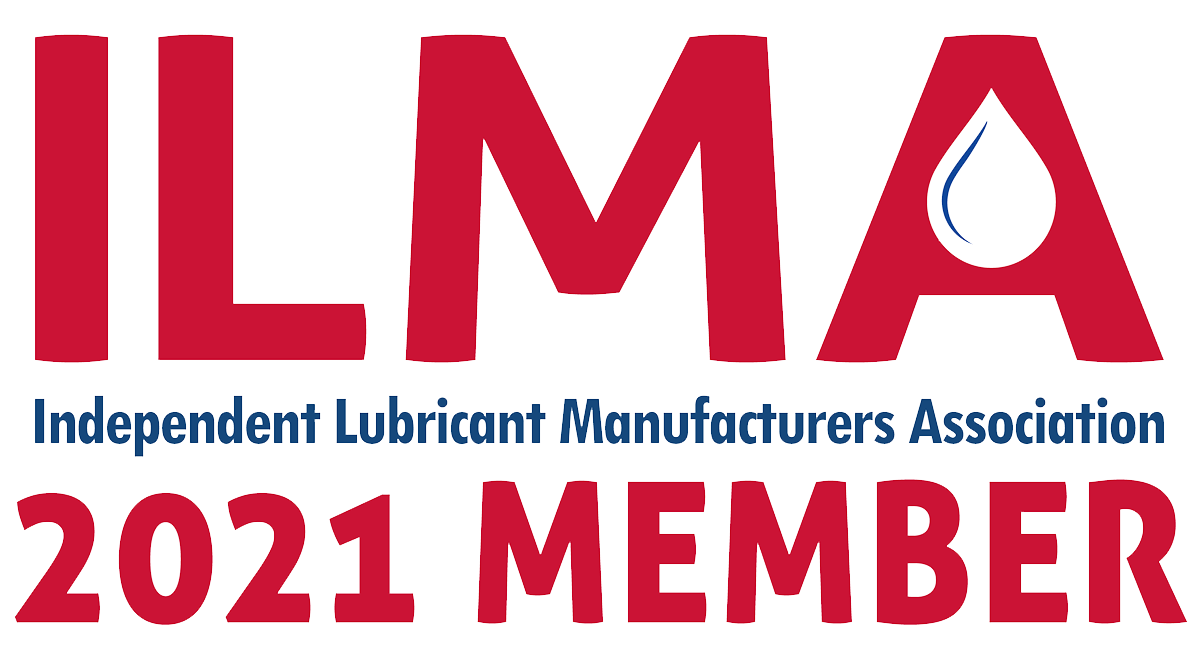Logistical issues can add an additional layer of difficulty to the already challenging task of managing and maintaining a commercial fleet. 
Fleet managers already face the daunting task of keeping a huge number of vehicles in top form on a tight budget. The fact that those vehicles are rarely in one place for long makes that even more challenging. The more spread out a fleet is and the longer the intervals where vehicles are in the field, the more difficult maintenance becomes.
New regulations have also added to the challenge. New electronic logging mandates have led to maintenance intervals becoming even longer, as travel time is now more strictly controlled.
“Most trucking companies are facing continuous changes,” Chris Wolter, Territory Manager for PetroChoice, said. “The mandate for e-logs this has put constraints on how much travel can be done in a day’s time to get freight from point a to b.”
Related: Keep your fleet fueled with quality engine oil from PetroChoice
Those long intervals make maintenance schedules hard to maintain, cause additional wear and tear on trucks and reduce the amount of times the trucks can be evaluated. This can lead to otherwise small problems falling through the cracks and becoming bigger over time.
“Some of my customers may not see their truck for 90 days at a time,” Wolter said. “This can be hard on equipment without proper maintenance scheduling. If their unit doesn’t get serviced routinely you can run into all sorts of problems that can affect your CSA scores. Most fleets I work with like to see their units every 14-21 days to thoroughly review the truck and perform a checklist before the driver hits the road again.”
Creating a routine maintenance schedule is critical to ensuring trucks are running properly. This can be difficult with so many vehicles in so many places at any given time. Coordinating regular check ins across different facilities, or even with outside partners, requires time and cost commitments from fleet managers. While its challenging, it is worth it in the long run to prevent emergency repairs and lost hours.
“If the truck isn’t serviced or maintained properly it can result into costly tow bills,” Wolter said. “Service work performed on the road costs a-lot more than performing it in house, not to mention the driver not being able to make his delivery. Routine maintenance saves money in the long run and should improve the companies CSA scores and the longevity of their equipment.”



